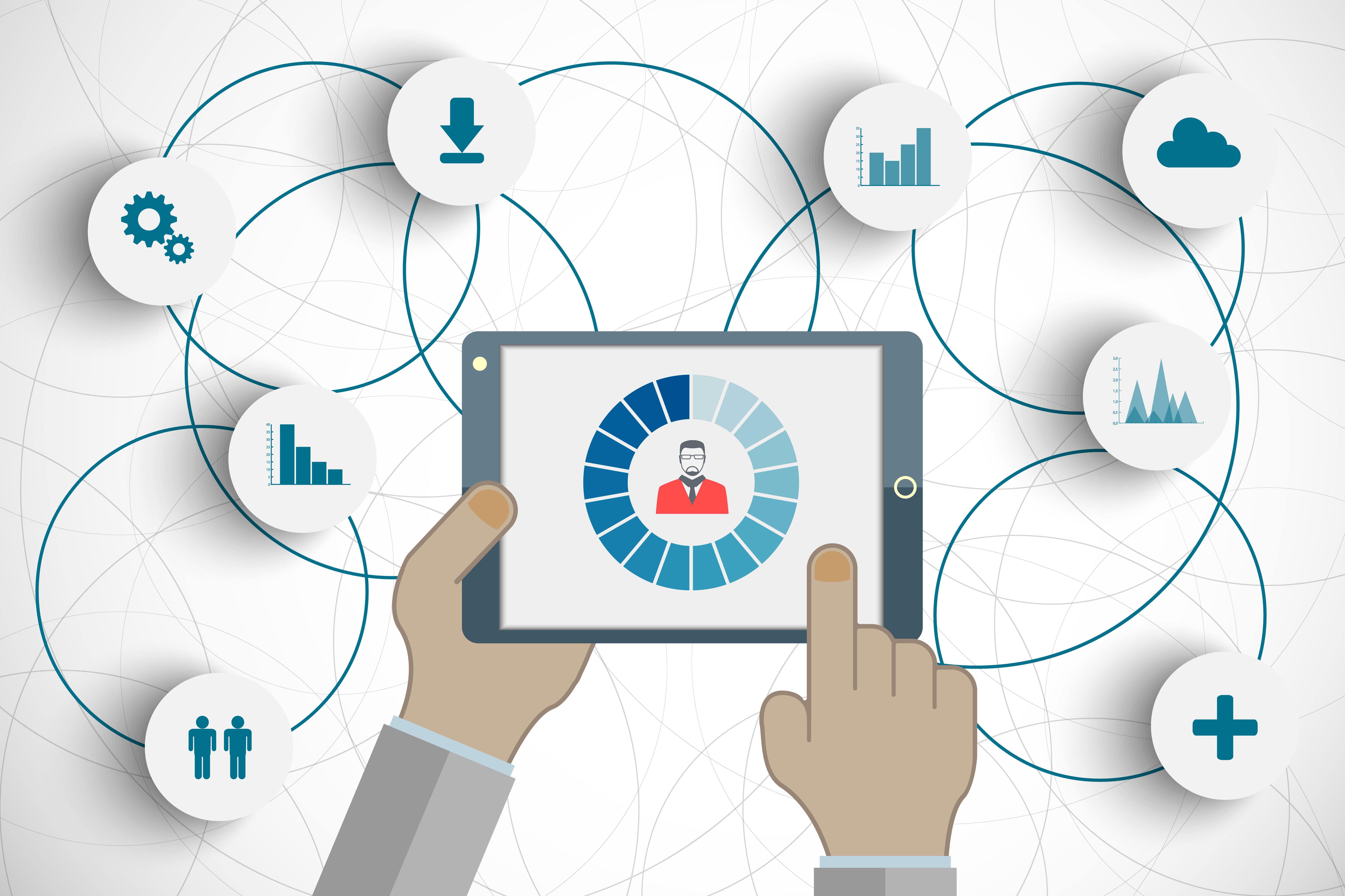BLOG

The AI chatbot i.e. ChatGPT has caused organisations to wonder how to use it to improve day-to-day operations, and it’s caused Google, the website where around 90% of online search happens, to go all out with getting its own version of ChatGPT ready for users.
The AI-led tool continues to mesmerise those in Human Resources, not to mention everywhere else. It astonishes people with the ability to respond as a human or even better than a person would. In recent times, the HR sector has also progressed by leaps and bounds. It is much more than simply recruiting candidates. Like other industries, technology has taken the centre stage in HR, with HR tech becoming a mainstream vertical. And now, with ChatGPT, the HR tech space stands to benefit in numerous ways.
- Performance Management: With ChatGPT, HR professionals can assign functions like developing KRAs, training programs and creating templates to the tech tool and focus on employees’ career development. This makes performance management more efficient and easier, and more accurate.
- Recruitment: Given that ChatGPT can answer queries and respond comprehensively to user prompts, it can deliver huge value when integrated with the Applicant Tracking System (ATS). While ATS enables HR managers to post job openings on multiple portals, they still have to write descriptions manually. Chat GPT can automate this process and ATS can handle the candidate journey seamlessly. The AI-led tool can also handle candidates’ queries and personalise emails for outreach during the hiring process.
- Employee Engagement: Employee engagement is essential for productivity and retention in a company. ChatGPT’s content generation abilities can ensure effective engagement through shorter turnaround times and better approachability with quick responses from the HR team. Businesses can also integrate the technology with their existing chatbots to deliver a more personalised communication to employees.
While ChatGPT and other AI technologies are touted to improve the aspects of HR operations but the extent of transformation is yet to be discovered. One of the benefits of AI is that it does not have biases like humans do – unless of course, the human that is using ChatGPT prompts a bias-ridden instruction. Bias is all of our responsibility. As we move forward with this technology, it’s important to consider the ethical implications and make sure we are using AI responsibly.

The AI chatbot i.e. ChatGPT has caused organisations to wonder how to use it to improve day-to-day operations, and it’s caused Google, the website where around 90% of online search happens, to go all out with getting its own version of ChatGPT ready for users.
The AI-led tool continues to mesmerise those in Human Resources, not to mention everywhere else. It astonishes people with the ability to respond as a human or even better than a person would. In recent times, the HR sector has also progressed by leaps and bounds. It is much more than simply recruiting candidates. Like other industries, technology has taken the centre stage in HR, with HR tech becoming a mainstream vertical. And now, with ChatGPT, the HR tech space stands to benefit in numerous ways.
- Performance Management: With ChatGPT, HR professionals can assign functions like developing KRAs, training programs and creating templates to the tech tool and focus on employees’ career development. This makes performance management more efficient and easier, and more accurate.
- Recruitment: Given that ChatGPT can answer queries and respond comprehensively to user prompts, it can deliver huge value when integrated with the Applicant Tracking System (ATS). While ATS enables HR managers to post job openings on multiple portals, they still have to write descriptions manually. Chat GPT can automate this process and ATS can handle the candidate journey seamlessly. The AI-led tool can also handle candidates’ queries and personalise emails for outreach during the hiring process.
- Employee Engagement: Employee engagement is essential for productivity and retention in a company. ChatGPT’s content generation abilities can ensure effective engagement through shorter turnaround times and better approachability with quick responses from the HR team. Businesses can also integrate the technology with their existing chatbots to deliver a more personalised communication to employees.
While ChatGPT and other AI technologies are touted to improve the aspects of HR operations but the extent of transformation is yet to be discovered. One of the benefits of AI is that it does not have biases like humans do – unless of course, the human that is using ChatGPT prompts a bias-ridden instruction. Bias is all of our responsibility. As we move forward with this technology, it’s important to consider the ethical implications and make sure we are using AI responsibly.